We were lucky to catch up with Jennifer Moraca recently and have shared our conversation below.
Jennifer, thanks for taking the time to share your stories with us today How did you learn to do what you do? Knowing what you know now, what could you have done to speed up your learning process? What skills do you think were most essential? What obstacles stood in the way of learning more?
I started singing at a very young age, in school choirs. It’s where I learned a lot about music theory and good technique for singing. But I didn’t pick up an instrument until much later and I’m largely self-taught. I watch videos and read books and look up chord charts. But I wish I had started sooner and practiced more early on, so I had more time playing and writing songs under my belt.
I think a lack of confidence really stood in my way. I had a lot of people in my life who told me that I wasn’t good enough and it was very discouraging. But no one sounds good when they are starting out learning to play an instrument and no one writes great songs at first. You play a lot of bad chords and write a lot of bad to middling songs while you’re learning. The important thing is doing the work and being able to look at what you’re doing objectively, so you can recognize what you’re doing well and where you can improve your craft.
For the longest time I was afraid to sound bad or having bad songs, because I couldn’t get the voices of the naysayers out of my head. Practice is essential. Doing the work is essential. But who you surround yourself with is equally important. You need a community of people who are going to encourage you. Choosing your community is essential and I’ve been lucky enough to finally find a great one.
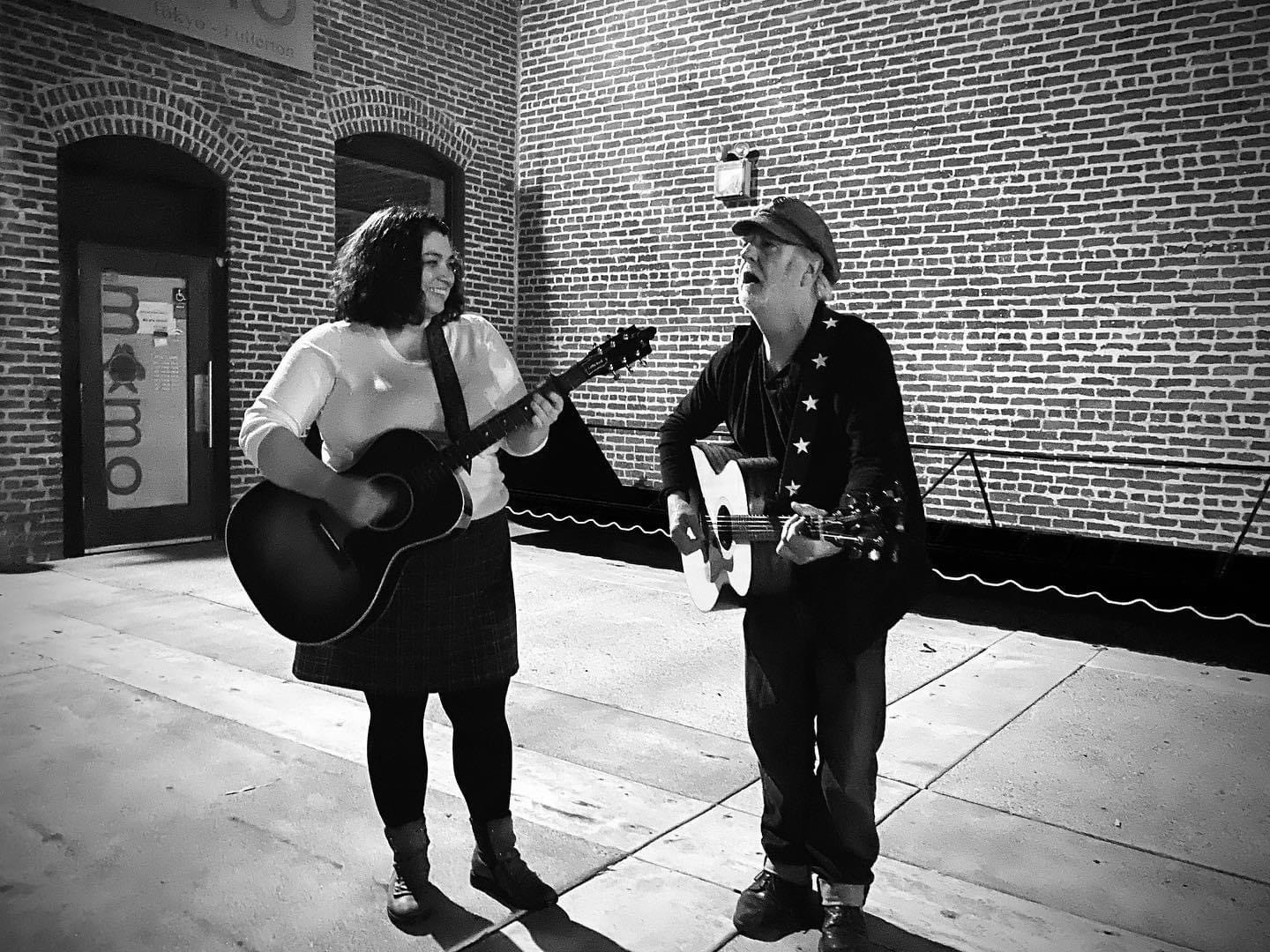
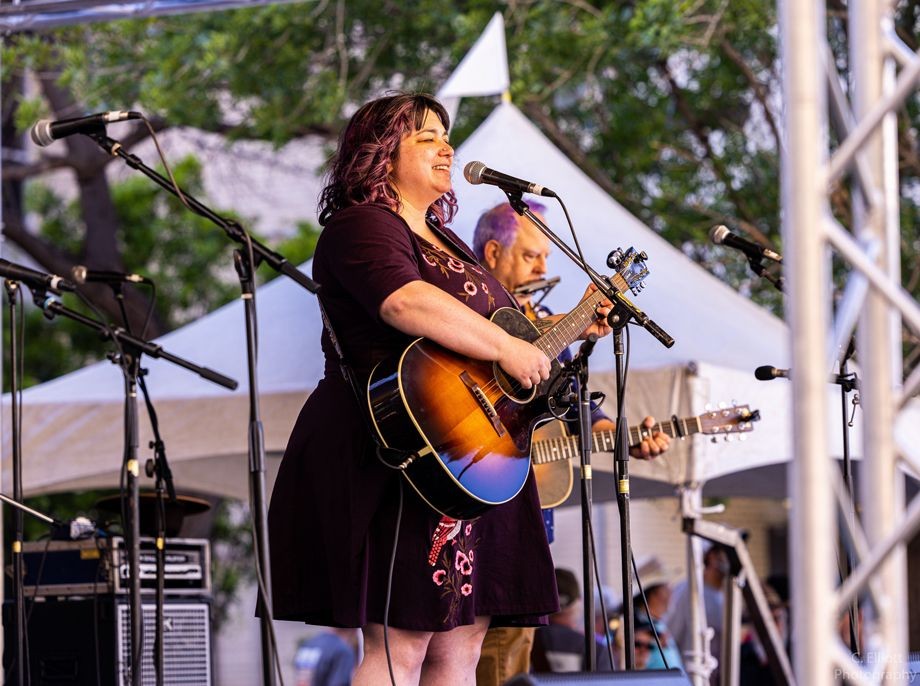
Awesome – so before we get into the rest of our questions, can you briefly introduce yourself to our readers.
I’m a musician/singer-songwriter. I’m in an Americana/folk duo called The Odd Birds, with my partner Ron Grigsby; we both play guitar and sing. We focus a lot on harmonies and on songs that are honest about real life experiences. We’ve put out two albums (“Better Days” and “Tremolo Heart”) and are in the process of writing and recording our third one.
Our harmonies and connection to each other set us apart. We’ve been doing this together for almost fourteen years now and we spend a lot of time together, so we are really able to be tight and focused onstage. We’re able to connect with each other and invite the audience into that connection so we’re all a part of this open performance. I also think our songs have a unique voice to them.
I’m extremely proud of both of the albums we’ve put out, particularly our second one. The songs on it are some of the best things we’ve ever written and I love the way it’s produced. It took us almost ten years to make our first album and it was one of those things I just never thought we’d get to do.
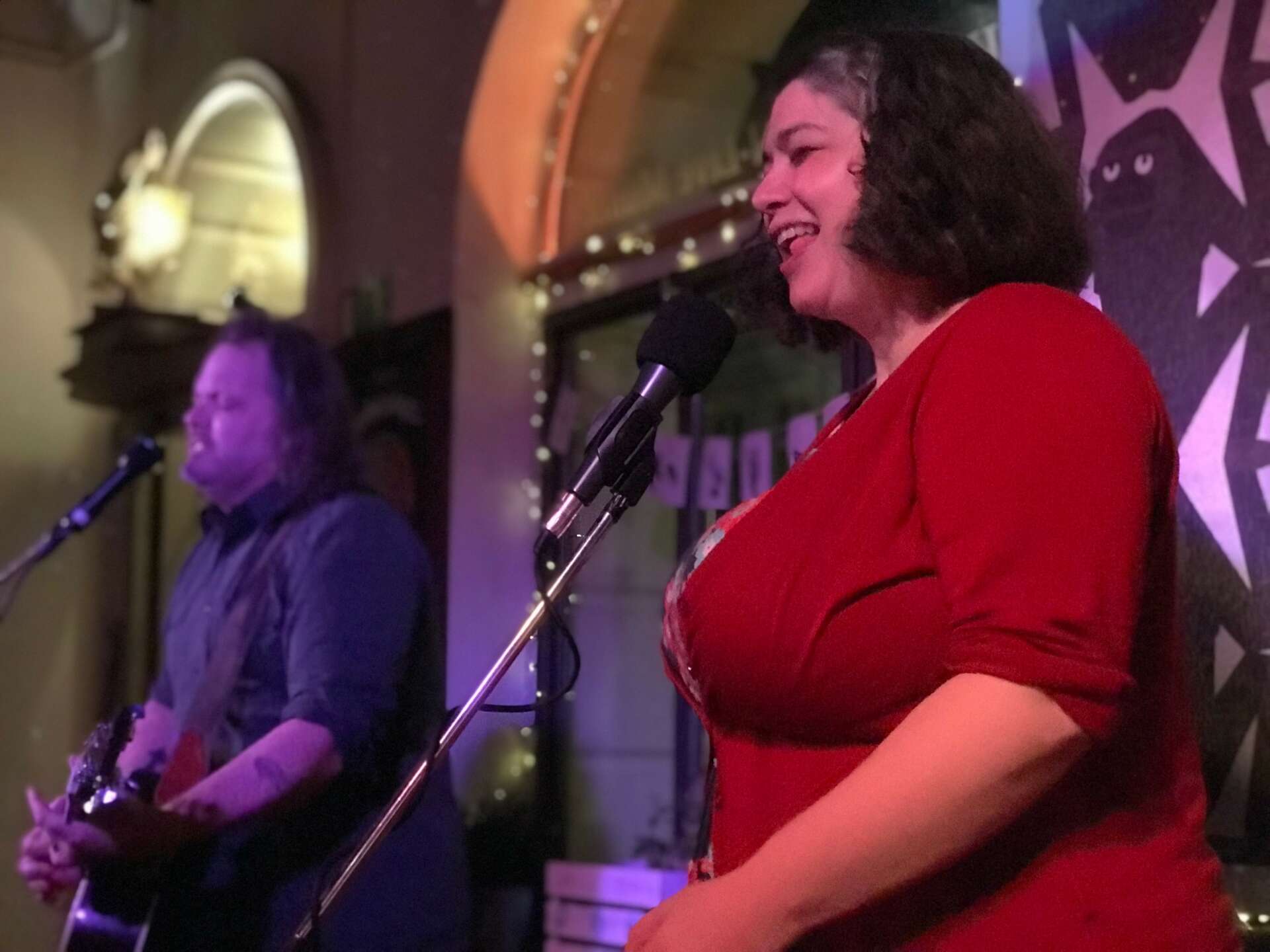
How can we best help foster a strong, supportive environment for artists and creatives?
The simple answer is to pay artists. If you are a fan of a musician, buy a ticket to see their show, buy merch, drop money in a tip jar. If you like an artist, support their Patreon or buy their work. Buy from smaller independent shops. Don’t be afraid to read a book by an small-name author or listen to album by a new artist. Support the striking writers and actors. If you can, donate to strike funds.
We like to treat artists as disposable and we have this idea that because what artists do is a labor of love, “exposure” and “likes” are enough reward, but that’s not the case.
And while we can’t do a lot about how the big companies treat us right now, but we can do things together as individuals to make life better for artists and creatives.
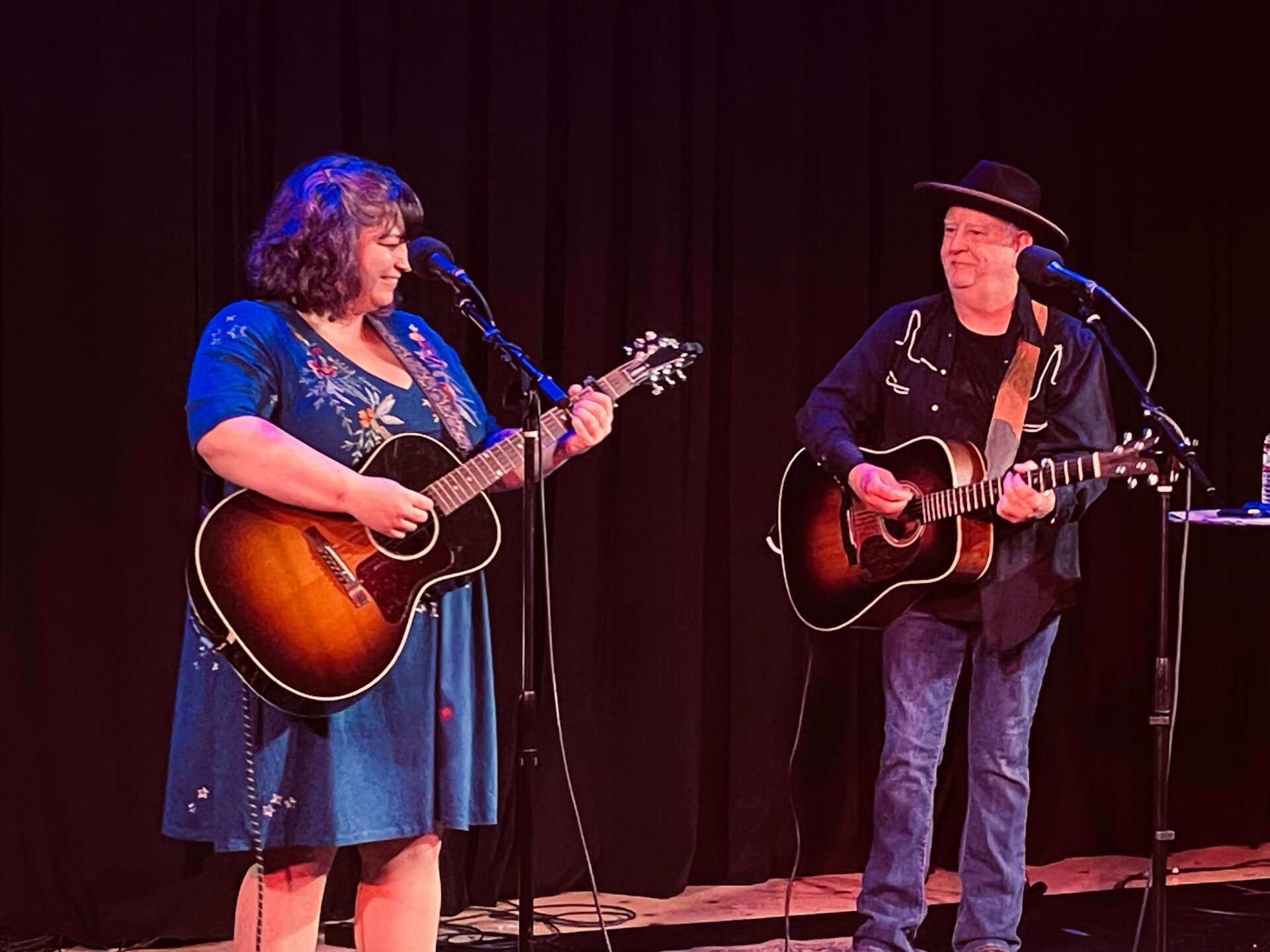
What’s a lesson you had to unlearn and what’s the backstory?
I had to unlearn a lot of what I was told growing up about creativity–that it was something you either had or you didn’t and I was told in no uncertain terms by a lot of people that I didn’t have it. Creativity was initially defined for me as flashes of inspiration where you just make art and if you don’t have those all the time, you’re not really creative. It saddled me with a case of imposter syndrome that is something I’m still working to unlearn. Because everyone has the capacity to be creative. Creativity isn’t just inspiration, it’s making time to do the work. Sometimes you’re lucky and inspiration does happen and the art just falls out of you. It’s happened to me a few times and it’s really cool. But more often, at least for me, my work is just that–work. It’s something I have to actively work at shaping and make time for. But just because it’s work, sometimes very frustrating work, doesn’t mean I’m not creative. That’s just part of the normal creative process.

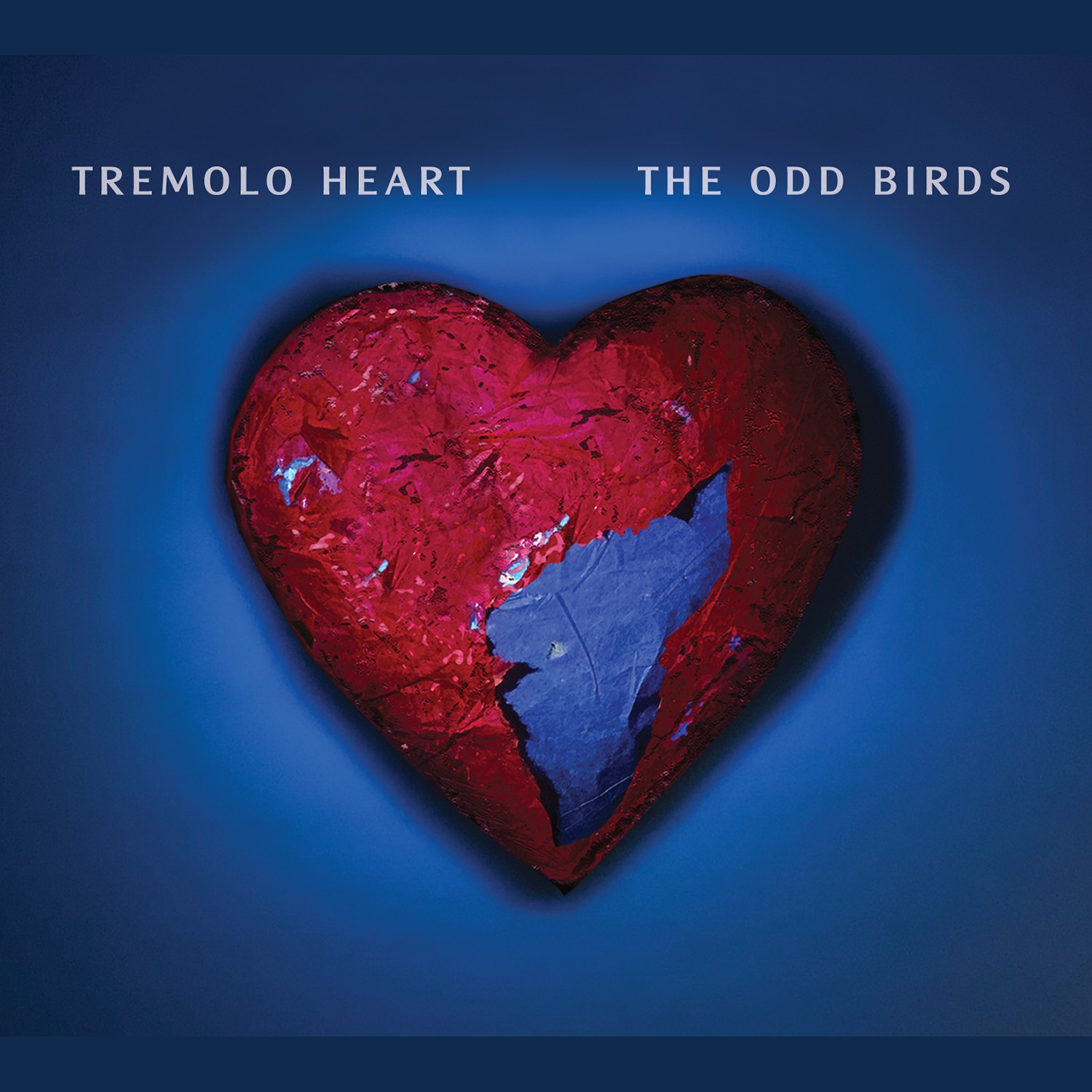
Contact Info:
- Website: theoddbirds.com
- Instagram: https://www.instagram.com/the_odd_birds/
- Facebook: https://www.facebook.com/theoddbirds/
- Twitter: https://twitter.com/TheOddBirds
- Youtube: https://www.youtube.com/channel/UCaE9GgIWJC7HhaFEOZcFlkw
- Spotify: https://open.spotify.com/artist/2eVwWULzcBO859ToxABvPL
- Bandcamp: https://theoddbirds.bandcamp.com/
Image Credits
Main Image: Tracy Byrnes Other Images: C. Elliot Photography Doug Schmude Ron Grigsby Ken Yoshida


